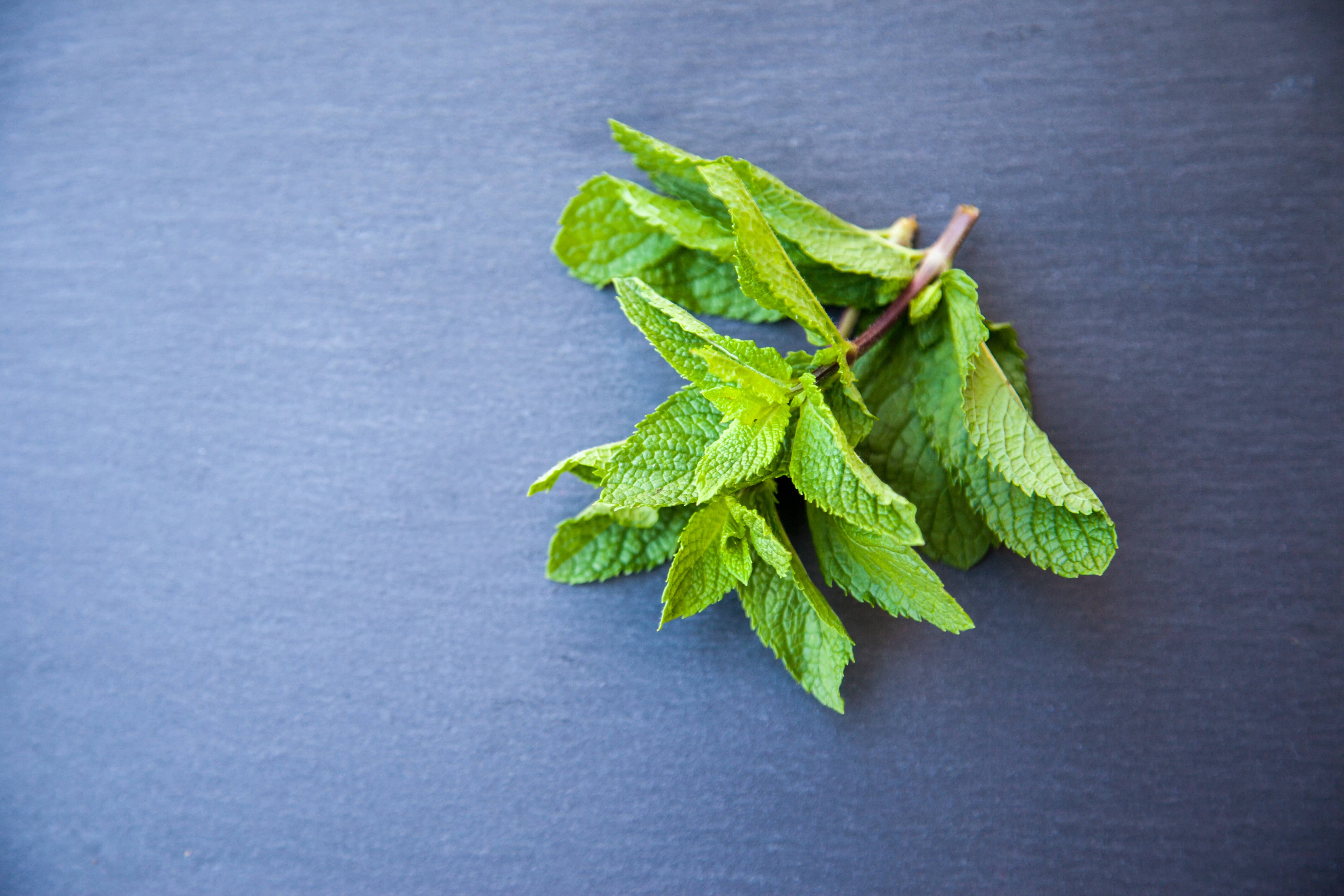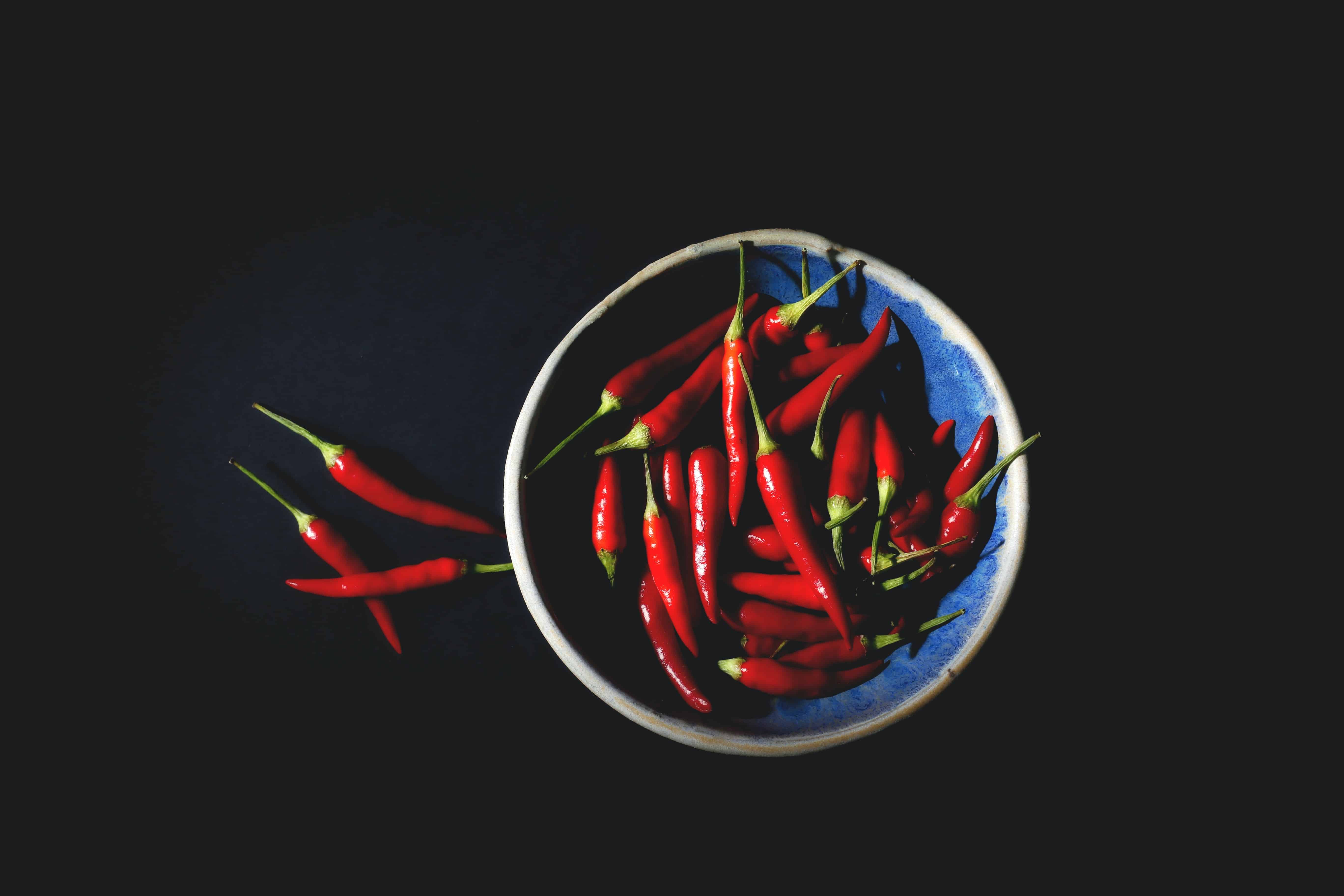
Although it is very annoying to treat phlegm or mucus, it is actually a good thing for your body. It acts as a lubricant helping food to move through the gastrointestinal tract and protecting those tissues from acids and foreign particles.
Our bodies need phlegm, but if you're overproducing it (something that can happen when you're fighting a cold, experiencing a sinus infection, or even battling reflux), you may want to turn to your diet for some relief. .
Foods that can make phlegm worse
The foods we eat can help improve or worsen the mucus situation and, in some cases, it can be the main cause. Try to reduce the consumption of these foods, both directly and in recipes. Despite being mostly healthy, they can increase the amount of mucus in the respiratory tract.
Chocolate
The most beloved dessert and snack could be contributing to your ongoing phlegm problem, especially if you have laryngopharyngeal reflux (LPR) or gastroesophageal reflux (GERD).
Chocolate can weaken the upper and lower esophageal sphincters. These sphincters act as gatekeepers, keeping food and liquids in the correct direction (downward) and preventing stomach acid from moving up into the esophagus, pharynx, and larynx.
If the sphincters are weakened and stomach acid ends up where it doesn't belong, you can develop hoarseness, loss of voice, chronic cough, and phlegm in the back of your throat. To make matters worse, eating chocolate can also increase stomach acid production, exacerbating the problem.
Menta
Like chocolate, peppermint can make phlegm worse, especially if you have laryngopharyngeal reflux or gastroesophageal reflux disease. Despite all odds, the herb mint can also weaken the upper and lower esophageal sphincters, making the situation worse. You may not have realized this, as many cold pharmaceuticals contain some menthol base.
It is not usually a particularly dangerous food because we do not consume large amounts of mint either. However, it may be interesting to reduce its consumption at specific times of allergies or colds.

Café
Sorry coffee lovers, but coffee can aggravate your phlegm problems.
Like chocolate and mint, coffee also weakens the upper and lower esophageal sphincters, allowing stomach acid to flow back up the esophagus and throat. This irritation can lead to the production of phlegm. In addition, this drink is a powerful diuretic that can promote dehydration of the body. Watch your daily coffee intake so as not to exacerbate allergy or common cold symptoms.
Alcohol, the main enemy of mucus
Like the other foods and drinks on this list, alcohol can also weaken the upper and lower esophageal sphincters, leading to irritation and phlegm.
This substance is also a diuretic, which means it can leave you dehydrated if you overindulge. When you're well hydrated, the phlegm loosens up more and moves faster; when you're dehydrated, you tend to stick around longer. So it's important to reduce or eliminate your intake entirely when you have a cold or other condition that causes mucus production.
Wine contains a naturally occurring histamine that can cause nasal tissues to swell, leading to that irritating congestion. Meanwhile, most beers have gluten, and other spirits (like whiskey) cause problems for people even though the gluten is supposedly removed in the distillation process.
Dairy
For many generations, dairy products have been thought to promote the production of mucus and phlegm, commonly referred to as the "milk mucus effect." However, some say that this is just an old fallacy. Some studies conclude that the milk mucus effect theory is plausible, but more research is needed.
Another study showed that allergic reactions to milk can increase the production of nasal polyps, which is a common cause of sinusitis. It even seems to cause a higher incidence of chronic sinusitis in people with a milk allergy.
Still, there is limited research on the subject. If milk is suspected of aggravating symptoms, talk to a health professional. They may recommend restricting dairy products to see if the symptoms go away. However, if you do not have a dairy allergy or sensitivity, it is probably not necessary to eliminate them from your diet.

Foods High in Histamine
Although very rare (it affects about one percent of the population), another cause of diet-related phlegm buildup can be due to histamine intolerance.
Our bodies contain histamine, but there are foods and drinks that also contain it, according to a November 2014 article in the Journal of the Academy of Nutrition and Dietetics. These foods include many fermented (such as cheese, yogurt, and sauerkraut), as well as meat y Fish processed, cherries, aubergines, among others.
If you become intolerant, you could experience symptoms similar to a food allergy, including increased phlegm or mucus production. This buildup can lead to many symptoms, including those related to sinusitis, such as sneezing, nasal congestion, runny nose, and shortness of breath. Therefore, if we have histamine intolerance, eating foods high in histamine can make symptoms worse.
Carbonated drinks
You may like your diet soda or mineral water, but you may be doing more harm than good if you have a persistent phlegm problem. Carbonated drinks have more gas so they make us burp more.
Although this is not a problem for most, it can be for others because burping promotes the reflux of our stomach contents.
Top 9 Food Allergies
La milk, that eggs, that peanuts, la soy, el wheat, the nuts, seafood, el fish and sesame They form the “Top 9”, among the nine most common food allergies. Some classic symptoms of food allergies include itchy eyes and skin, hives, swelling around the eyes or on the tongue, dizziness, nausea, and vomiting.
If you are allergic to one of these foods, you may also experience symptoms in the lungs and throat region, such as increased phlegm production, difficulty getting air in and out, coughing, wheezing, and throat swelling, among others. Symptoms usually occur immediately or within minutes to two hours after eating the food.
Foods that help eliminate mucus
We are all different, and what works for one person may not work for another. Before switching to an anti-mucus diet, it is recommended to speak with a doctor. We will look for foods that can reduce the production of mucus. Fruits and vegetables are rich in antioxidants. In fact, antioxidants help support your body's ability to stay healthy and heal if you get sick. Vitamin C, for example, has anti-inflammatory properties and can help open the airways and reduce wheezing.
There are also certain foods that improve the expulsion of the mucosa and soothe the respiratory tract. In addition, they will soothe the throat and hydrate the body to help eliminate annoying mucus.
broth-based soups
The steam and hydrating liquids from hot broth-based soups like vegetables, chicken noodles, and the like can help loosen up phlegm that builds up in the throat. And when you're dehydrated, mucus doesn't clear your throat as easily. That is why these types of recipes are beneficial and recommended in cold seasons.
In addition, they are very nutritious and can be combined with other types of food, such as chopped eggs, legumes or chicken pieces.
Clear fluids to expel mucus
Like the soup, the Water, el the and other hydrating drinks can help clear throat congestion and also help prevent dehydration. They can also soothe the throat. You may want to skip the Citrus (lemon in water, orange juice, etc.), if you have flow problems. Carbonated drinks like clear soda or sparkling water can also be irritating.
Also, if you drink them hot (like infusions) you will be benefiting from the vapors and their properties on the mucous membranes.

Spicy foods for runny nose
You may want to avoid spicy foods if you have reflux issues (which can make phlegm issues worse), but otherwise you might want to consider a bowl of spicy ramen.
An article published in the Cochrane Library in July 2015 found that the capsaicin, the compound that provides heat to hot peppers, can reduce the thickness of mucus. However, you must be careful with its consumption, since doing it abundantly can cause stomach problems.
High-fiber foods
Eating fiber-filled foods, such as fruits, vegetables, legumes y whole grains, can help reduce phlegm. An earlier study from April 2004, published in the American Journal of Respiratory and Critical Care Medicine, found a correlation between increased fiber intake and decreased coughing up phlegm.
There was also a link with the consumption of fruits and soy-based foods. Note that this was a study that looked at the association between diet and the prevalence of coughing up phlegm; more research is needed in this area.
While fruit is good, vegetables are even better. Dietary choices should focus firmly on consuming a variety of fresh vegetables, lightly steamed is just perfect. Fresh vegetables in season are especially potent immune boosters as they contain chlorophyll. It is recommended to include as much garlic and onion as possible; both are known to support your immune function. The quercetin (another bioflavonoid) in onions is anti-inflammatory and also helps break down mucus.
Fishes
Omega-3-rich fish such as wild salmon, tuna, herring, sardines, and mackerel are good sources of protein to reduce mucus. Omega-3 fatty acids support immune function and reduce inflammation, and are a good choice for reducing mucus load.
In this way, it will not be necessary to consume a greater amount of olive oil to acquire more Omega-3 and 6. In addition, these fish also provide other vitamins and minerals, such as vitamin D.
Ginger
Ginger can help break down toxins and mucus very quickly due to its specific enzymatic benefits.
It also produces an anti-inflammatory effect in the body which means to the immune system that it is safe and does not need to produce a protective mechanism like mucus in the first place. We will use fresh ginger where possible and add a bit of turmeric for further benefit.